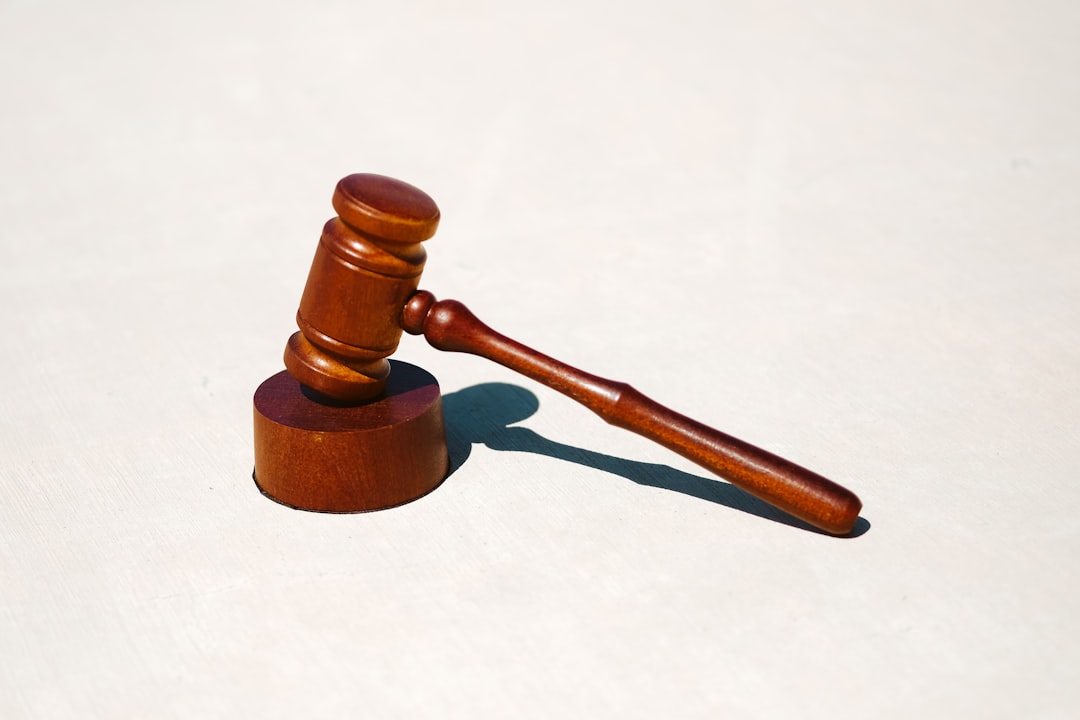Spam and robocalls have reached epidemic levels in Somerville, Massachusetts, affecting residents' daily lives and businesses. Outdated contact info, loopholes in the Unwanted Call Law, and technological advancements contribute to the problem. Despite state and federal laws like the TCPA and Massachusetts Unwanted Call Law, enforcement challenges hinder their effectiveness. Advanced call blocking and filtering systems powered by machine learning are transforming mitigation efforts. A community-driven approach involving user education and partnerships with Unwanted Call Law Firm MA is crucial. Leveraging AI will enable sophisticated filters to adapt to evolving spammer tactics and contribute to a safer digital environment in Massachusetts.
Spam and robocalls have become a persistent nuisance in Somerville, Massachusetts, frustrating residents and businesses alike. With the ever-evolving digital landscape, these unwanted calls and messages show no signs of abating. This article explores effective strategies to combat this growing issue within the community. We delve into the current legal frameworks surrounding spam and robocalls in MA, highlighting their limitations. Then, we discuss how technology can significantly enhance mitigation efforts, focusing on innovative solutions that hold promise for a safer Somerville under the Unwanted Call Law Firm MA.
Understanding the Scope of Spam and Robocalls in Somerville

Spam and robocalls have become a significant nuisance in Somerville, affecting both residents’ daily lives and local businesses. These unwanted calls and messages often violate privacy and can be difficult to trace, making them a persistent problem for many. In Massachusetts, particularly within the legal framework of the Unwanted Call Law, which restricts certain types of telemarketing practices, tackling this issue has become an important focus.
Somerville’s diverse community, with its mix of urban areas and residential neighborhoods, presents unique challenges when it comes to spam and robocalls. Local residents often find themselves on call lists due to unintentional opt-ins or outdated contact information. Robocallers exploit these listings to bombard residents with promotional messages, sales pitches, and even scams, leading to a general sense of frustration and distrust. This surge in unwanted communication disrupts daily routines, causes privacy concerns, and can contribute to increased stress levels for Somerville’s folk.
Existing Legal Frameworks and Their Limitations in MA

In Massachusetts, combating spam and robocalls is governed by a combination of state and federal laws, collectively forming an existing legal framework. These include the Telephone Consumer Protection Act (TCPA), which restricts telemarketing practices, and the Massachusetts Unwanted Call Law, specifically targeting unwanted calls and text messages. However, despite these measures, the rapid evolution of technology has outpaced the effectiveness of these regulations.
The limitations lie in the challenges of enforcement and the constant adaptation of spammers to avoid detection. The TCPA, for instance, requires clear and unambiguous consent for marketing calls, but defining “unwanted” remains subjective. Moreover, the Massachusetts Unwanted Call Law’s effectiveness is hindered by the lack of robust tracking and identification mechanisms for call sources, making it difficult to hold offenders accountable.
How Technology Can Enhance Spam and Robocall Mitigation

Technology plays a pivotal role in enhancing spam and robocall mitigation efforts, offering effective solutions for Somerville residents facing incessant unwanted calls. Advanced call blocking and filtering systems, powered by machine learning algorithms, can intelligently detect and block spam calls before they reach users’ phones. These systems learn from vast datasets of known spammer numbers and patterns, continually updating their models to stay ahead of evolving malicious tactics.
In addition, the implementation of robust caller ID verification processes combined with automated systems that analyze call metadata can significantly reduce the volume of robocalls. Using dynamic blocking rules based on real-time behavior analysis, technology can identify suspicious calls and take immediate action. This includes flagging calls from unknown or previously blocked numbers, ensuring a more secure communication environment for Somerville residents, especially in light of the Unwanted Call Law Firm MA initiatives aimed at curbing such nuisance calls.
Practical Implementation and Future Directions for a Safer Somerville

In practical terms, implementing robust anti-spam and robocall measures involves a multi-faceted approach. First, enhancing user education is paramount. Residents in Somerville can be empowered to recognize and report suspicious calls, thereby creating a community-driven defense against unwanted intrusions. This awareness can be facilitated through public outreach campaigns and partnerships with local law firms specializing in the Unwanted Call Law (MA).
Looking ahead, the future of spam and robocall mitigation holds promise with advancements in artificial intelligence and machine learning. Somerville could leverage these technologies to develop sophisticated filters that adapt to evolving tactics used by spammers. Integration of such systems into existing communication networks would not only safeguard residents but also contribute to a safer digital environment across the state of Massachusetts.






